How to Deploy GFS2 on Encrypted Volumes in a Clustered Multipath Storage Environment
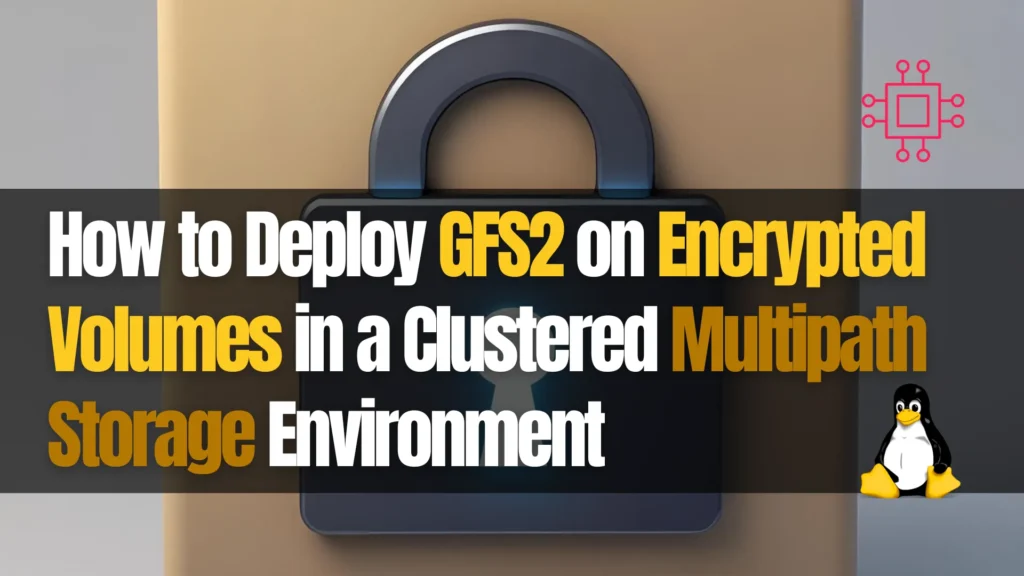
Learn how to securely deploy GFS2 on encrypted volumes over multipath storage in a high-availability Linux cluster. Includes CLI examples, automation tips, and best practices. Table of Contents Introduction In modern enterprise IT environments, the need for secure, resilient, and high-availability storage systems is more critical than ever. Combining GFS2, multipath storage, and LUKS encryption provides a […]
Comparing VPN Protocols: WireGuard vs OpenVPN vs IPSec
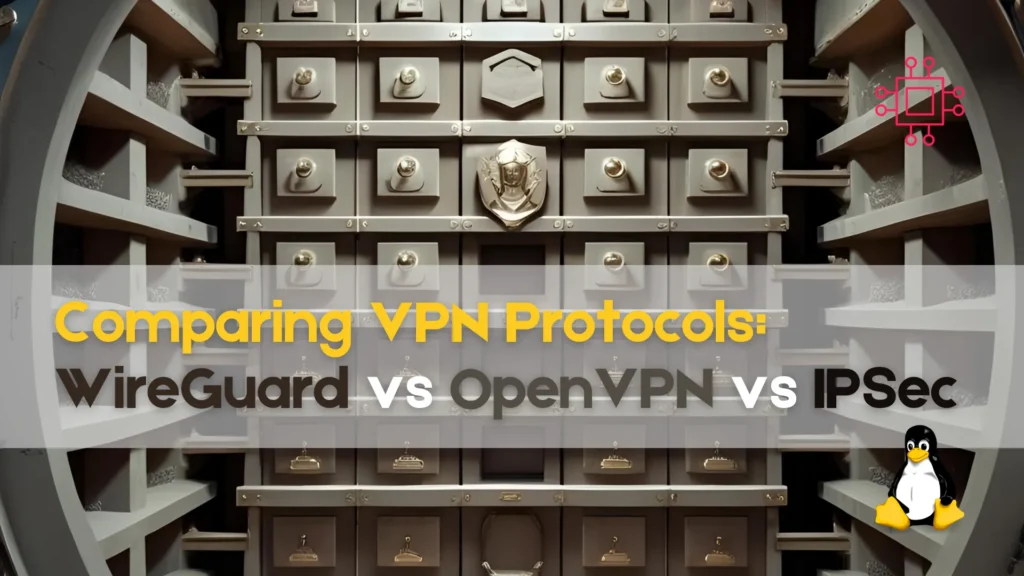
Compare the top three VPN protocols—WireGuard, OpenVPN, and IPSec. Learn about their security features, speed, compatibility, and best use cases to choose the right protocol for your VPN needs. Table of Contents 🚀 Introduction Virtual Private Networks (VPNs) have become an essential tool for safeguarding online privacy, securing remote connections, and bypassing geographical restrictions. However, […]
Most Efficient OpenVPN Ciphers Without Compromising Security
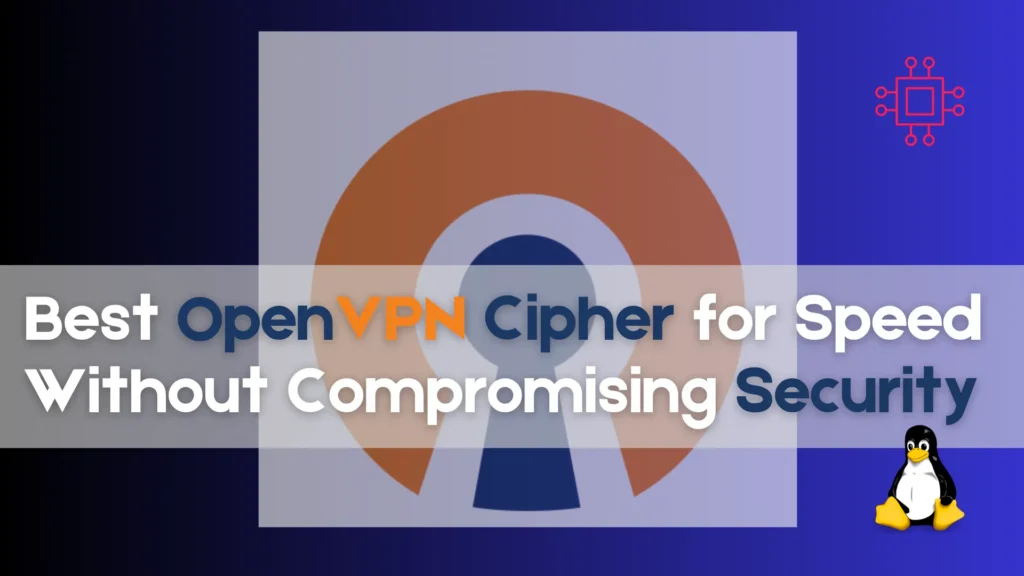
Explore the most efficient OpenVPN ciphers in 2025. Learn which cipher offers the best balance of speed, compatibility, and security—including AES‑128‑GCM, AES‑256‑GCM, and ChaCha20‑Poly1305—with benchmarks, configuration examples, and clear recommendations. Table of Contents 🔈Introduction In the fast-paced world of secure networking, finding the optimal cipher for OpenVPN means striking a fine balance between speed and robust encryption. […]
How to Archive and Extract PFX Certificate Files

Learn how to archive and extract PFX/PKCS#12 certificate files using OpenSSL and Windows tools. Includes CLI examples, tables, and best practices for secure handling. Table of Contents 🔈Introduction Whether you’re managing a secure web server, configuring enterprise authentication, or migrating SSL certificates across systems, understanding how to work with PFX certificate files (also known as […]
PostgreSQL Containerization Best Practices
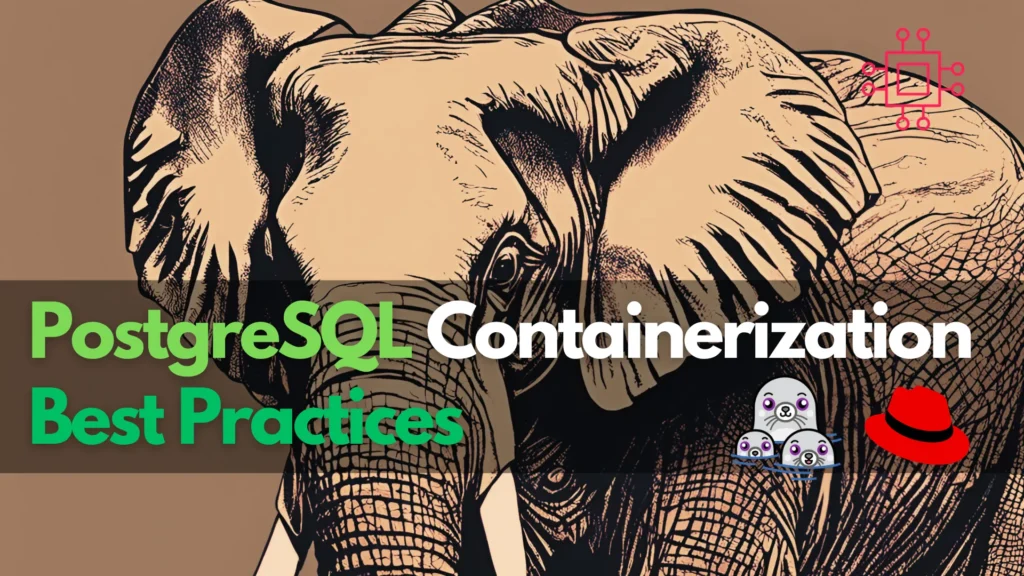
Learn PostgreSQL containerization best practices—including secure images, persistent volumes, resource tuning, backups, monitoring & seamless upgrades—for reliable cloud-native deployments. Table of Contents 🔈Introduction Containerizing PostgreSQL has revolutionized how developers, DevOps engineers, and sysadmins deploy and manage relational databases. With Docker and Kubernetes driving cloud-native infrastructure, following best practices in PostgreSQL containerization ensures scalability, maintainability, and […]
Deploy PostgreSQL Database on Podman: A Step-by-Step Guide
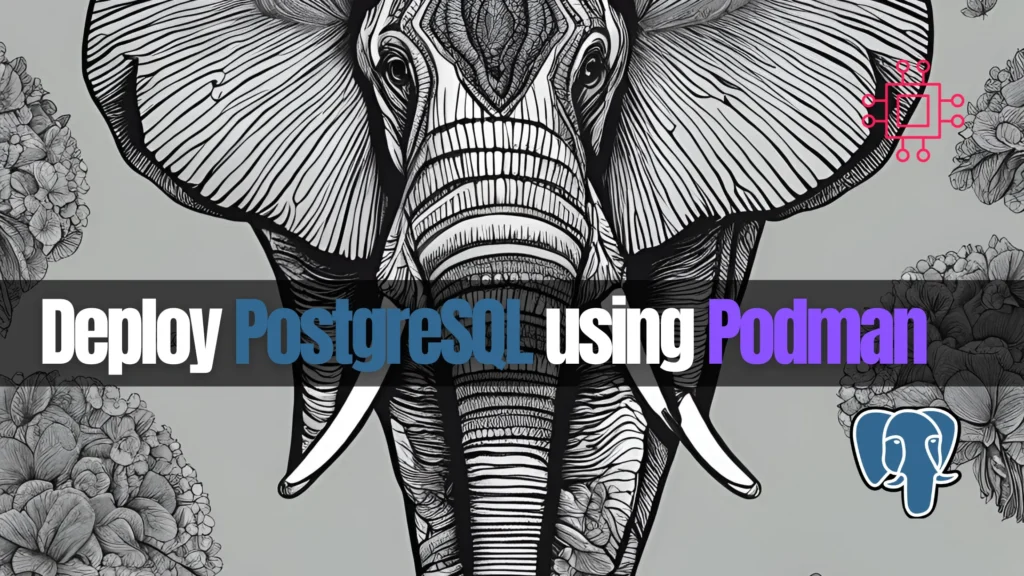
Learn how to deploy PostgreSQL database on Podman with this step-by-step guide. From installation to database setup, find out everything you need to know to run PostgreSQL containers efficiently. Table of Contents 🔈Introduction In the world of modern application development and containerization, Podman has gained significant traction as a container management tool. It’s known for being a […]
Implementing SSL on FreeIPA: A Comprehensive Guide
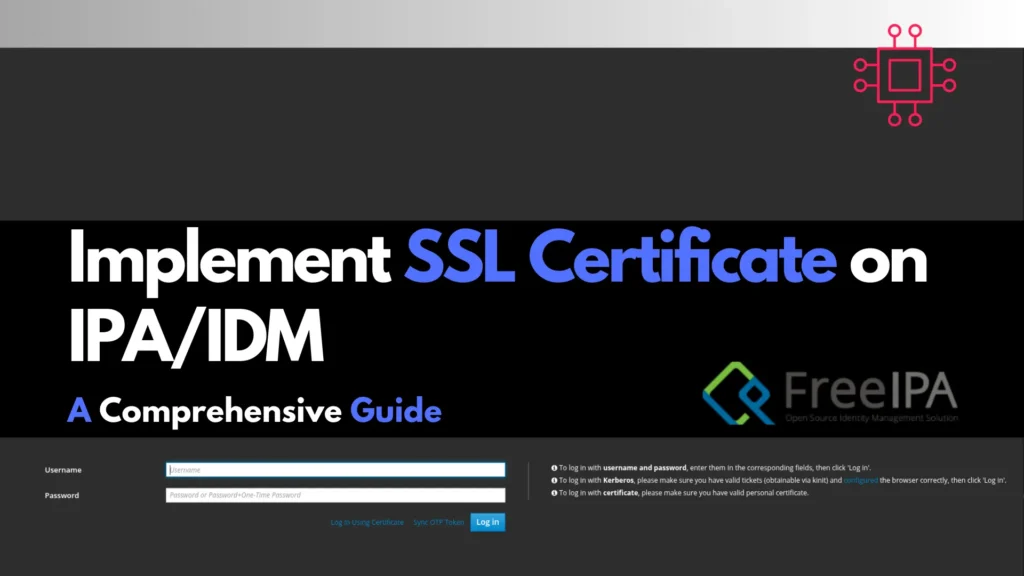
Learn how to implement SSL on FreeIPA servers to secure communication channels. This comprehensive guide covers obtaining, installing, and verifying SSL certificates, along with troubleshooting tips and best practices. Table of Contents Introduction In today’s cybersecurity landscape, securing communication channels is paramount. For organizations utilizing Identity Management (IdM) solutions like FreeIPA, implementing Secure Sockets Layer […]
Resize PDF Documents Using Python: A Comprehensive Guide
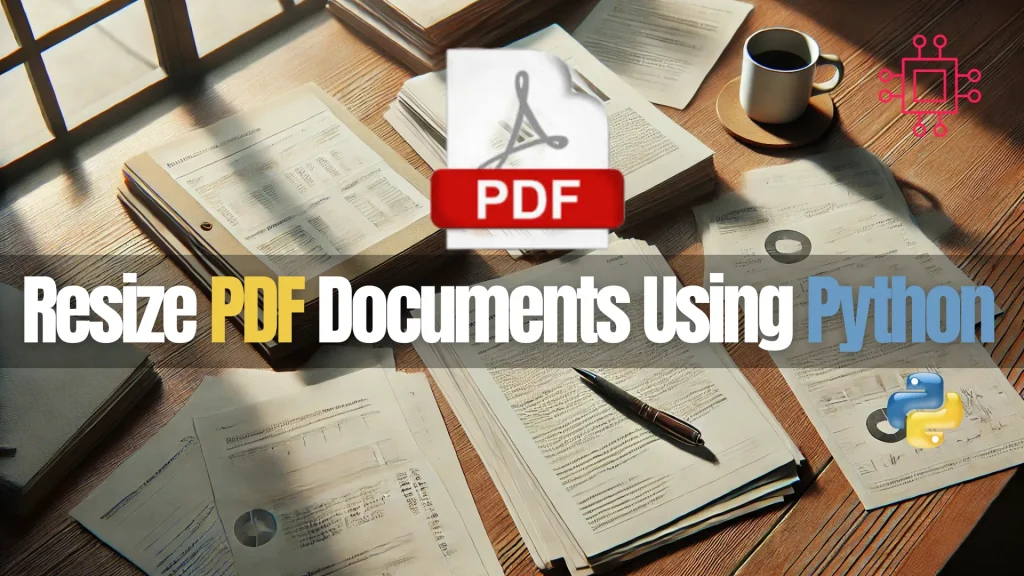
Learn how to resize and compress PDF documents using Python. This guide covers simple methods with pdf2image, Pillow, and more advanced tools like pikepdf and Ghostscript. Table of Contents Introduction When it comes to managing PDFs, one common task is resizing or compressing these documents to save storage space, improve load times, or meet size […]
Install and Configure cPanel on Ubuntu 22.04

Learn how to install and configure cPanel on Ubuntu 22.04 with this step-by-step guide. Includes CLI commands, firewall setup, and security enhancements for optimal performance. Table of Contents Introduction cPanel is a powerful web hosting control panel that streamlines server management with an intuitive graphical interface. Although it is not natively supported on Ubuntu, you can install […]
How to Combine Multiple PDFs into One Using Python: A Step-by-Step Guide
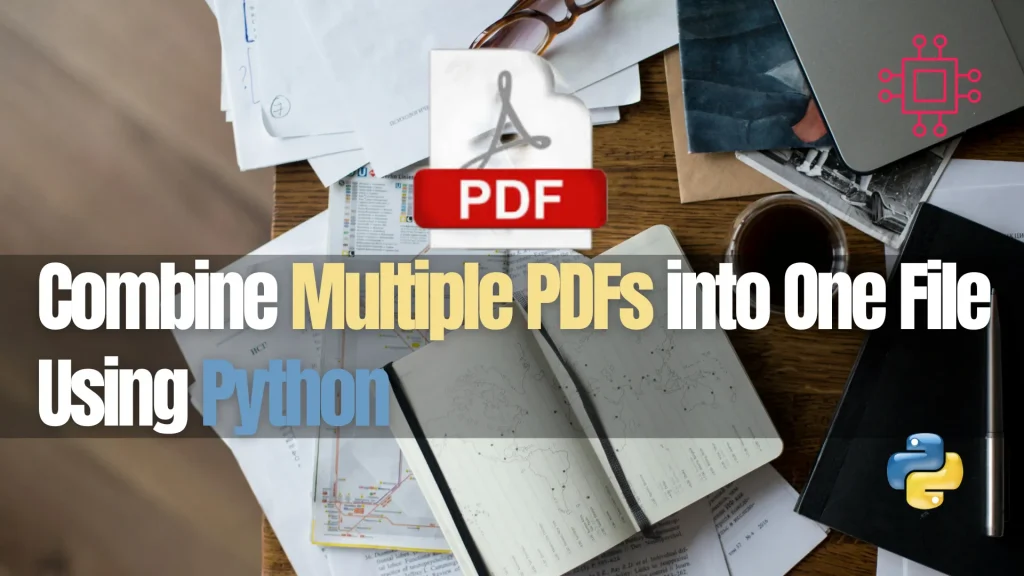
Learn how to combine multiple PDFs into one using Python. This comprehensive guide covers step-by-step instructions, CLI examples, and troubleshooting tips for merging PDFs with Python’s PyPDF2 library. Table of Contents Introduction In the digital world, managing files efficiently is key to improving productivity and organizing your data. One common task that many users face […]
